Kathleen Kendall-Tackett assembled a panel of tongue-tie experts to answer questions on this controversial topic for the benefit of IBCLCs who are working with mothers struggling to breastfeed.
For many years, I’ve watched experts fight to get health care providers to recognize the existence of tongue-tie. I remember Cathy Watson Genna and Donna Geddes showing ultrasound videos of before and after a tongue-tie release. They made believers out of everyone in the room. Finally, some health care providers were recognizing tongue-tie, and were willing to do something about it.
More recently, however, I’ve seen controversy surrounding tongue-tie grow, particularly on social media. The conversation has become so polarized that dissenting voices are shouted down, and people have even lost their jobs when they dared to differ from the prevailing orthodoxy.
How did we get here?
And what should our next steps be?
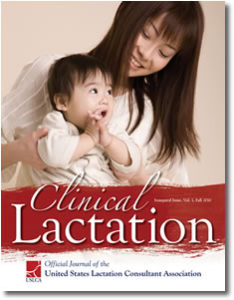 Caught in the middle of this mess are mothers, babies, and the IBCLCs who are trying to help them. That is why Clinical Lactation, the journal of the United States Lactation Consultant Association, has dedicated an entire issue (September, 2017) to tongue-tie. I asked Marsha Walker, RN, IBCLC, RLC to join me in co-editing the special issue. Neither of us is an expert on this topic, so we are neutral. What we do bring to the table is our knowledge of breastfeeding, which helps us know which questions to ask. In addition, we are both speakers who have traveled the world, which has helped us identify practitioners who are experts. We asked them to participate, and they graciously agreed.
Caught in the middle of this mess are mothers, babies, and the IBCLCs who are trying to help them. That is why Clinical Lactation, the journal of the United States Lactation Consultant Association, has dedicated an entire issue (September, 2017) to tongue-tie. I asked Marsha Walker, RN, IBCLC, RLC to join me in co-editing the special issue. Neither of us is an expert on this topic, so we are neutral. What we do bring to the table is our knowledge of breastfeeding, which helps us know which questions to ask. In addition, we are both speakers who have traveled the world, which has helped us identify practitioners who are experts. We asked them to participate, and they graciously agreed.
What should our goals be regarding tongue-tie?
When talking about an important clinical issue, we need to keep our goals in mind. Regarding this one, there are three important goals we have identified.
Helping mothers achieve pain-free breastfeeding. When mothers say that they are in pain, we need to hear them. Many mothers tell practitioners that they are in pain and are either ignored or told, “it should get better eventually.” Those responses are not acceptable. Pain means something is wrong and we need to consider its cause. We need to communicate that we will work with them to figure out what is causing their pain so that breastfeeding will stop hurting. We need to listen to what mothers are trying to say.
Helping babies get enough to eat. Mothers’ struggles should never be minimized. When mothers report that their babies are on the breast “all the time,” never seem satisfied, and have faltering weight gains, they need help. In some cases, supplementing may be necessary in the short term, when babies may have been struggling and no one has picked it up until there is a crisis. A baby on “all the time” should always be evaluated. A tongue-tie is one possible reason and is a direct threat to the mother’s milk supply.

Protecting breastfeeding. Mothers’ stories can be heart-breaking. It’s amazing that many mothers persist and continue breastfeeding. In some cases, the difficulties they encounter lead to insufficient milk and they never regain a full supply. Keep in mind that the stories we share in the special issue are only from the mothers who continued breastfeeding. How many more did we lose along the way? If we want mothers to exclusively breastfeed for 6 months, we need to listen to what they are trying to tell us. Tongue-tie may be one reason why they are struggling, and is important for us to consider.
Questions
In addition to our goals, IBCLCs need answers to difficult and practical questions.
- If we suspect a tongue-tie, how should we assess the baby?
- What are the best and most effective ways to treat tongue-tie? Where do we send mothers for treatment? How can we address tongue-tie in the least intrusive way?
- What should be done for after care?
- What are the alternatives to surgery?
Tongue-tie raises some important Scope of Practice issues for IBCLCs. Elizabeth Brooks, JD, IBCLC, RLC discusses the current guidelines. Mothers’ success stories were a part of this discussion. We included some clinical pictures, links to videos, and two assessment tools.
The expert panel
With all these questions in mind, Marsha and I assembled our panel of respected experts. We first identified people we knew who had international reputations as experts on tongue-tie. Our panelists suggested other experts to contact. We made sure that the panel represented a wide range of disciplines (pediatrics, family medicine, dentistry, craniosacral therapy, speech and language pathology, and research). Most of our experts were also IBCLCs, and were from the U.S., Brazil, Australia, and Spain.
Roundtable format
About 10 years ago, I attended a session at The American Psychological Association on the topic of cancer and posttraumatic stress disorder (PTSD). One speaker laid out all his reasons why he thought cancer caused PTSD. The next speaker laid out all his reasons why he thought it didn’t. They didn’t argue with each other. They simply presented their views. Both made many excellent points, and I found the conversation to be quite helpful. I have used that format to address other controversial questions, such as whether prospective or retrospective findings were most accurate in child maltreatment research. Those articles get cited a lot.
We have adopted a similar format here. This is a controversial issue. Marsha and I assembled a list of questions and asked our respected panelists to answer them. Those taking part in the discussion all display true compassion for mothers and babies. Our goal is not consensus, but to show where we are now. It’s helpful to see the views side by side. Our experts don’t always agree with each other in how to best address the issues they encounter. They disagreed the most on posterior tongue-tie and post-revision care. Even with disagreement, however, the conversation was civil and professional—exactly where we need it to be for us to move forward.
 Dr. Kendall-Tackett is a health psychologist and International Board Certified Lactation Consultant, and the owner and Editor-in-Chief of Praeclarus Press, a small press specializing in women’s health. She is Editor-in-Chief of two peer-reviewed journals: Clinical Lactation and Psychological Trauma. She is Fellow of the American Psychological Association in Health and Trauma Psychology, Past President of the APA Division of Trauma Psychology, and a member of the Board for the Advancement of Psychology in the Public Interest. Dr. Kendall-Tackett specializes in women’s-health research including breastfeeding, depression, trauma, and health psychology, and has won many awards for her work including the 2016 Outstanding Service to the Field of Trauma Psychology from the American Psychological Association’s Division 56.
Dr. Kendall-Tackett is a health psychologist and International Board Certified Lactation Consultant, and the owner and Editor-in-Chief of Praeclarus Press, a small press specializing in women’s health. She is Editor-in-Chief of two peer-reviewed journals: Clinical Lactation and Psychological Trauma. She is Fellow of the American Psychological Association in Health and Trauma Psychology, Past President of the APA Division of Trauma Psychology, and a member of the Board for the Advancement of Psychology in the Public Interest. Dr. Kendall-Tackett specializes in women’s-health research including breastfeeding, depression, trauma, and health psychology, and has won many awards for her work including the 2016 Outstanding Service to the Field of Trauma Psychology from the American Psychological Association’s Division 56.
Dr. Kendall-Tackett has authored more than 400 articles or chapters, and is currently completing her 35th book, The Phantom of the Opera: A Social History of the World’s Most Popular Musical. Her most recent books include: Depression in New Mothers, 3rd Edition (2016, Routledge UK, in press), Women’s Mental Health Across the Lifespan (2016, Routledge US, in press, with Lesia Ruglass), Psychology of Trauma 101 (2015, Springer, with Lesia Ruglass) and The Science of Mother-Infant Sleep (2014, Praeclarus, with Wendy Middlemiss). Her websites are:
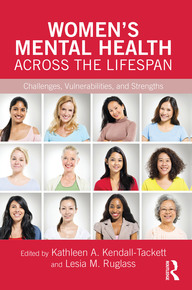




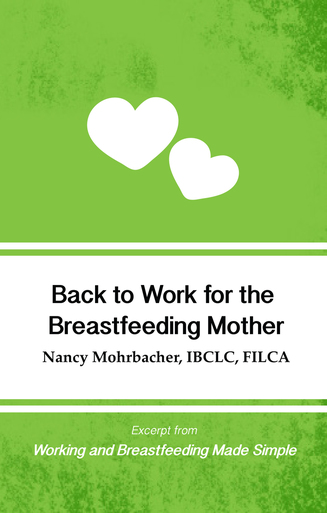
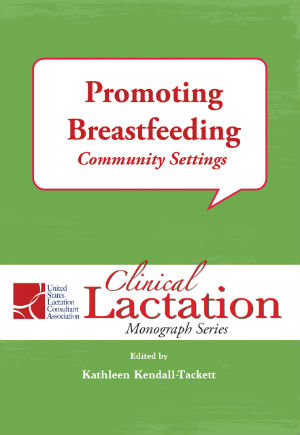
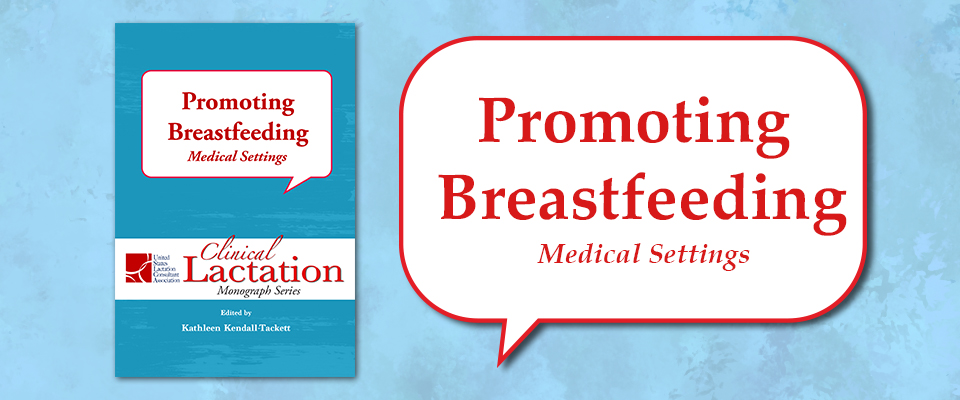


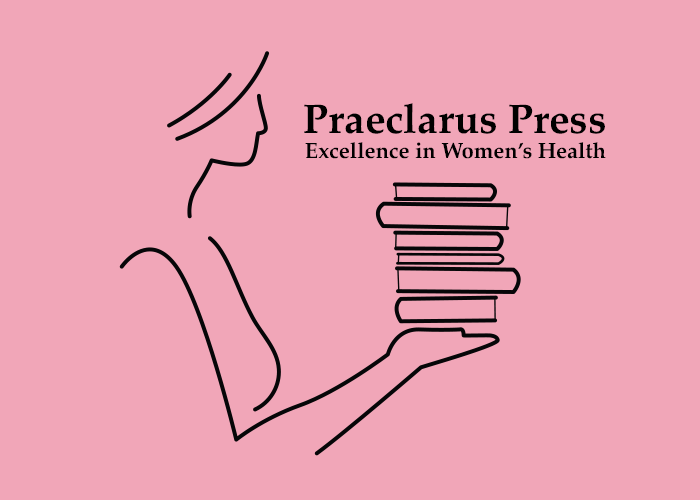



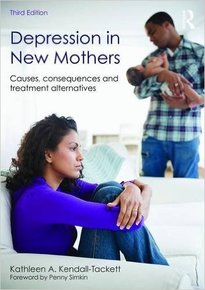









August 31, 2017 at 1:47 am
Hi, how do I actually find the article?
LikeLike
August 31, 2017 at 8:42 am
It is not an article but an entire issue of Clinical Lactation, the journal of the United States Lactation Consultant Association (volume 8, issue 3, 2017). The website link where you can purchase this is included in the post above.
LikeLike
August 31, 2017 at 9:22 am
How do I access a copy Of The September Issie of Clinical Lactation?
LikeLike
August 31, 2017 at 9:45 am
See previous comment.
LikeLike
September 5, 2017 at 4:29 pm
I live outside the USA. Alas I wont be able to read this discussion. Our exchange rate is ridiculous. I am so very concerned at what I am reading on social media. 😦 Jean
LikeLike
October 31, 2017 at 1:30 pm
Such great information for new moms! Thanks for sharing!!
LikeLike